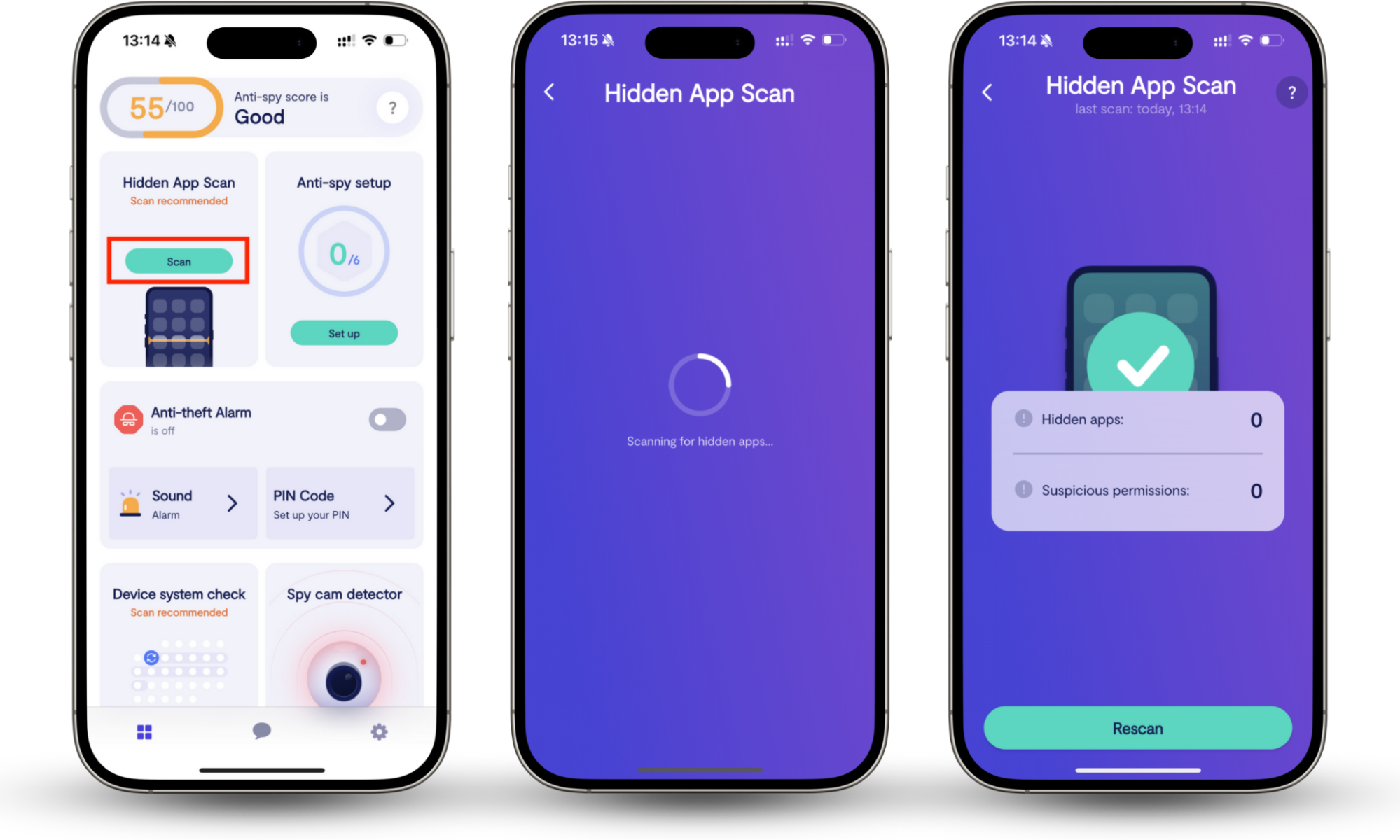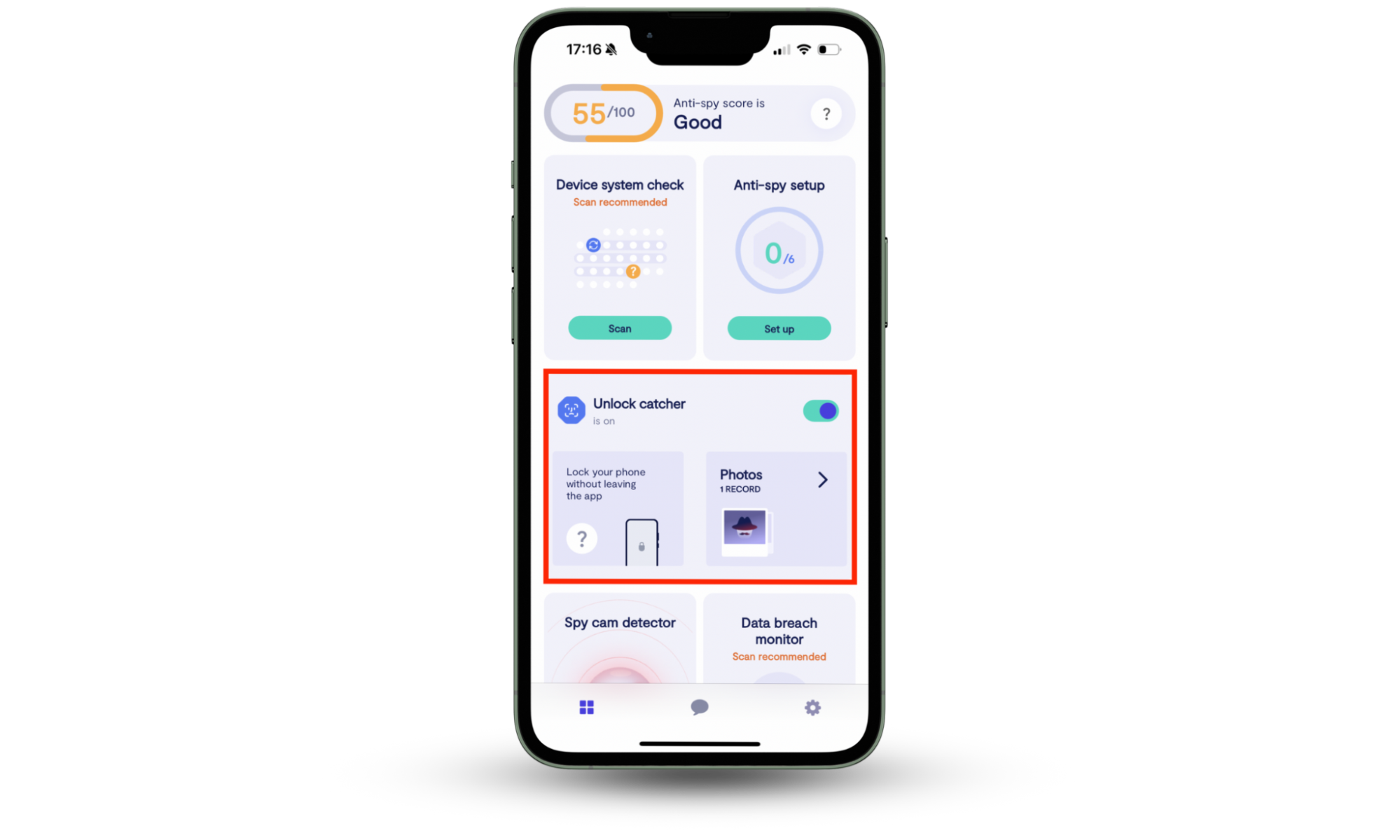Table of contents
- What is a controlling boyfriend
- Signs of a controlling boyfriend
- 1. Wants to control all your communications
- 2. Isolating you
- 3. Puts you down
- 4. Jealous of you
- 5. He is insecure about you
- 6. He manipulates you
- 7. He is spying on you
- 8. Making you feel guilty
- 9. Dictating your appearance
- 10. Making intense demands on you
- How to handle a controlling boyfriend
- 1. Understand the reasons for controlling actions
- 2. Learn about the positive characteristics of your relationship
- 3. Set boundaries
- 4. Work with your partner
- 5. Learn to be assertive
- 6. Encourage independence
- 7. Take small steps towards giving up control
- 8. Seek professional support
- 9. Reach out to trusted friends and family for support
- Conclusion
What is a controlling boyfriend
A controlling boyfriend tries to make decisions for you, controls your communications, and uses criticism and jealousy if things don't align with his wishes. Guilt trips, relationship decision overrides, even controlling the clothes you wear—these actions are all designed to eliminate any independence you might have. Unlike a caring boyfriend, who may positively influence your behavior, a controlling boyfriend aims to criticize and pressure you until everything goes his way.
Note
PsychCentral attributes the need for control to childhood trauma, traumatic experiences, anxiety, and personality disorders. If your boyfriend cares for you, understands, and genuinely wants to work on his controlling issues, this might mean that the relationship can still be saved.
Signs of a controlling boyfriend
Signs of a controlling boyfriend include extreme jealousy, attempts to isolate you from others, monitoring your communication, and making decisions for you. He may spy on you by reading your texts or emails without your consent, or after pressuring you to give your consent. Controlling behaviors start with small comments or suggestions that gradually become restrictions. Soon enough, you notice you might be living a life influenced by their choices.
The signs of a controlling boyfriend can be extreme jealousy, trying to isolate you from your loved ones, monitoring your communications, and making decisions on your behalf. He may spy on you, read your texts or emails, and even manipulate and pressure you into always obeying his will.
Let's review some of the most common red flags of a controlling boyfriend in greater detail.
1. Wants to control all your communications
When a partner tries to monitor your conversations and stalk your interactions, this is control, which, by the way, is considered to be abuse. He might mask his need for surveillance using a mix of concern and distrust, which often sounds like: "If you have nothing to hide, prove it!"
When you decide to stand your ground and keep your boundaries in place, controlling partners may even go as far as putting malicious apps on your phone to track your location, your work communications, and personal conversations. In severe scenarios, a controlling partner may install spyware to capture sensitive information (banking passwords) and manipulate or blackmail the partner with that information. This behavior can severely impact your professional life and mental health.
When your boyfriend is controlling, you need to make sure that he isn’t spying on you using malicious software. We have a solution to discover this. Clario Anti Spy is a cybersecurity tool designed to help users safeguard their digital life, protect sensitive information, and make their online experience safe. Clario Anti Spy’s Hidden app scan checks your mobile device for malicious apps, such as spyware and parental control apps that someone secretly installed. It also analyses other app permissions and detects suspicious ones.
Here’s how to use Clario Anti Spy’s Hidden app scan:
- Download Clario Anti Spy and set up an account.
- Go to Hidden app scan and tap Scan.
- Wait for the results. If the app identifies suspicious apps or permissions, it will alert you and guide you on your next moves.

2. Isolating you
Although he may seem overprotective, deciding who you should or should not spend time with is a form of social isolation. This is a strategy to reinforce control. It makes you more emotionally dependent on your boyfriend and eliminates outside views that may contradict his dominance.
Here’s what isolating you allows your boyfriend to achieve:
- cut your bonds with friends and family
- undermine your independence and self-worth
- create an environment of guilt and self-assertion
- foster a relationship of dependency and, therefore, compliance
3. Puts you down
Control through criticism takes many forms. It can involve making fun of you in public or social spaces, making negative comments on your outfit, or tireless scrutiny of your appearance. The seemingly banal observations add up to a single, well-rehearsed, powerful controlling message that will infiltrate your confidence and make you doubt your abilities.
Persistent criticism is a manipulation that encourages you to change your behavior, not to improve the values you hold, but to avoid further criticism and judgment. A controlling partner seeks absolute dependence and works steadily to erode your self-reliance as your autonomy threatens them.
4. Jealous of you
Jealousy can be thrilling, especially at the beginning of relationships. But excessive jealousy is a method of control. For instance, a controlling boyfriend may say you are flirting or cheating, or get angry when you spend more time with your friends than he would like you to. Eventually, he may pressure you to cut people out of your life, dictate who you can speak to, and what you can wear.
Note
As jealousy amplifies, a controlling boyfriend may engage in stalking behaviors, either to validate his jealous beliefs or control his partner. A stalker boyfriend can check their partner's social media or spy through fake accounts, put stalking apps on their phones, or even GPS track their location to control where they go.
5. He is insecure about you
Insecurity is the basis for a controlling boyfriend's behavior. To keep his doubts in check, a controlling boyfriend needs constant reassurance that you won't cheat or leave him. This can become the ground for further invasive actions, such as monitoring your cellphone or curtailing your independence.
6. He manipulates you
Emotional and psychological manipulation can come in the form of gaslighting, emotional blackmail, shifting blame, micromanaging, manipulation through fear, etc. If you feel that your relationship is framed around manipulation, then keep a lookout for the following signs:
- Having to reiterate your point over and over to the person
- Feeling unstable emotionally or psychologically within the relationship
- Doubting your partner's goodwill
- Having chronic self-doubt about your feelings
- Apologizing over and over for something you didn't do
- Feeling unhappy in the relationship as a whole
7. He is spying on you
Your controlling boyfriend might claim that couples "have nothing to hide" or that failing to share personal details or information is a sign of distrust. However, having a private space in romantic relationships is essential.
Control may manifest in a fixation on surveillance and monitoring. If you refuse to access your mobile device, your controlling partner may try to access it without your consent. To protect your digital boundaries, install Clario Anti Spy. Our app aims to protect users' online safety and privacy. Clario Anti Spy’s Unlock catcher feature will secretly capture screenshots of anyone who tries to unlock your phone without your knowledge. The app will store it in a record without notifying the intruder that they have been photographed.
Here's how to use Clario Anti Spy’s Unlock catcher:
- Download Clario Anti Spy.
- Go to the Unlock catcher feature.
- Toggle the switch on (so it turns green).
- Now, all the photos of the intruders will be stored in a record within the app.

8. Making you feel guilty
In a controlling relationship, guilt can become a potent weapon. A controlling boyfriend will guilt you for the time spent with friends, the time you have for your hobbies, and the time you have for decisions that do not involve him. As accusations continue, you may even notice you are expected to apologize for things you should not have to apologize for.
9. Dictating your appearance
Controlling boyfriends feel they have the right to say how you should dress. You might face complaints about your style, hair, and chosen outfits. Trying to control your appearance is a way to define and maintain your identity as he sees fit.
10. Making intense demands on you
When you are in a controlling relationship, you may find that your partner always imposes his will on you and consistently cancels out all your decisions. You may find yourself altering your style, speech, actions, and everything else that he hasn't approved. These actions diminish your psychological control and self-determination while cementing his control over the relationship.
How to handle a controlling boyfriend
Establish healthy boundaries when dealing with a controlling boyfriend. Explain the emotional and psychological ramifications of control, and state your needs in an even and direct way. Develop a set of reasonable demands, such as your need for personal space. Resort to couples therapy to further work on your relationship.
1. Understand the reasons for controlling actions
Addressing this behavior is a matter of understanding what stands behind it. Trauma, a lack of confidence, and personality disorders can explain the need for control. Some replicate previous relationship dynamics, while others control due to fear of losing their partner.
2. Learn about the positive characteristics of your relationship
Take some time to appreciate the green flags in a relationship. See, relationships can have controlling elements without being entirely toxic. He may care about you in some aspects of your life. However, if his control is significantly greater than the sum of the positive aspects, something definitely needs to change.
3. Set boundaries
If your boyfriend checks your phone without consent, communicate your feelings about his actions and ask him to stop. A partner who values you will make the effort to accept your demands. If they respond with resistance, anger, or a series of passive-aggressive cycles, it is important to recognize this pattern as one that is likely to repeat. It can be a safe space to discuss this issue within the scope of therapy if your boyfriend is willing to cooperate.
4. Work with your partner
The controlling behavior can be altered, but only with problem acknowledgment and the partner's commitment to change.
According to Holly Schiff, Psy.D. of South County Psychiatry: “A crucial factor in whether there can be a healthy relationship is their willingness to change. They need to show consistent and positive change over time to prove it, just beyond having the conversation and promising the changes."
5. Learn to be assertive
Assertiveness is the skill of expressing your needs and boundaries. However, being in a relationship with a controlling boyfriend can diminish this. When your partner makes every decision for you and constantly resorts to criticism, your confidence can be worn down.
Your therapist can share some practical strategies for expressing your needs assertively. Once you regain your confidence, it might as well help you keep your controlling boyfriend's behavior at a distance.
6. Encourage independence
Building your emotional and financial independence is key when you experience isolation due to your boyfriend's controlling behavior. Try to start small, like reconnecting with friends that you lost touch with, as your boyfriend demanded.
7. Take small steps towards giving up control
If you are the one who manifests controlling behaviors, try to take a step back and create some space for your partner. Consciously shifting a few small dominant patterns of your behavior will foster mutual respect. Meanwhile, work with your therapists to find reasons behind your need for such control.
8. Seek professional support
In some cases, the intricacy of a problem may require one more person to help untangle it. Couples therapy can give you and your boyfriend a professional perspective on your situation. If your boyfriend is willing to speak to a therapist, this is already a good sign.
9. Reach out to trusted friends and family for support
Of course, it is going to be challenging to cope with a controlling partner by yourself, and your therapy is going to help. However, sometimes it can be useful to share with your loved ones. A friend can listen, help you think, and provide a perspective different from what you have heard.
Conclusion
Control can take different forms. It can be isolation, monitoring, craving constant attention, or cutting a partner’s ties with their support system. If your boyfriend is spying on you through social media or spying apps, controls communications, or makes you feel guilty about not following his commands, you may be in a controlling relationship.
An honest conversation about your feelings or couples counseling might help find solutions to these relationship problems. If your partner isn't willing to accept your needs, you have to set boundaries and protect your privacy. A good start is to use Clario Anti Spy’s Unlock catcher to see who tried to unlock your phone. Clario Anti Spy’s Hidden app scan will also check your mobile device for suspicious apps that may have been installed without your knowledge.


